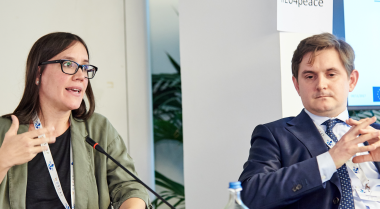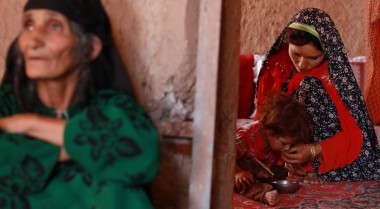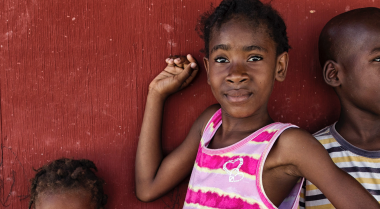Policy Memo: Fostering Inclusion Builds Resilient Societies
Despite numerous international commitments to the full implementation of the UN Security Council Resolution 1325 on Women, Peace and Security and subsequent resolutions which form the women, peace and security agenda, women and girls continue to be disproportionately affected by violent conflict, including atrocity crimes. In the context of conflict and war the violence women and girls face is much too often a result of direct targeting, such as in cases of sexual and gender-based violence. However, women are also bearing the worst of the subsequent economic and social costs. Women’s perspectives and experiences are often undervalued or ignored, limiting the ability of conflict-affected communities and other stakeholders to holistically, adequately, and collaboratively address and assess the needs of communities in the process of creating sustainable and inclusive peace.
To address some of the reoccurring issues as well as challenges that women and girls face in fragile, conflict and post-conflict situations, the Friedrich-Ebert-Stiftung New York Office (FES New York), the International Coalition for the Responsibility to Protect (ICRtoP), and Global Partnership for the Prevention of Armed Conflict (GPPAC), working in partnership through the Prevention Up Front (PuF) Alliance, convened a side event to the annual UN Security Council (UNSC) Open Debate on Women, Peace, and Security (WPS) in October 2018 highlighting the benefits of and best practices for integrating and including women peacebuilders into prevention work.
Drawing on the conclusions and recommendations of the panel FES New York, ICRtoP, and GPPAC are now launching the policy memo: Fostering Inclusion Builds Resilient Societies: Based on the experiences of women peacebuilders preventing conflicts and atrocities on the ground.


